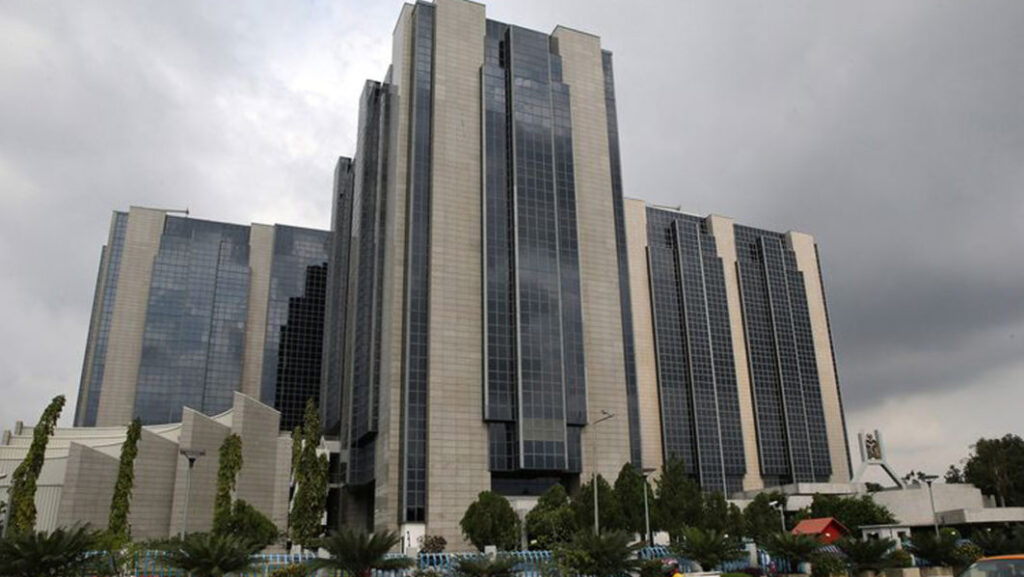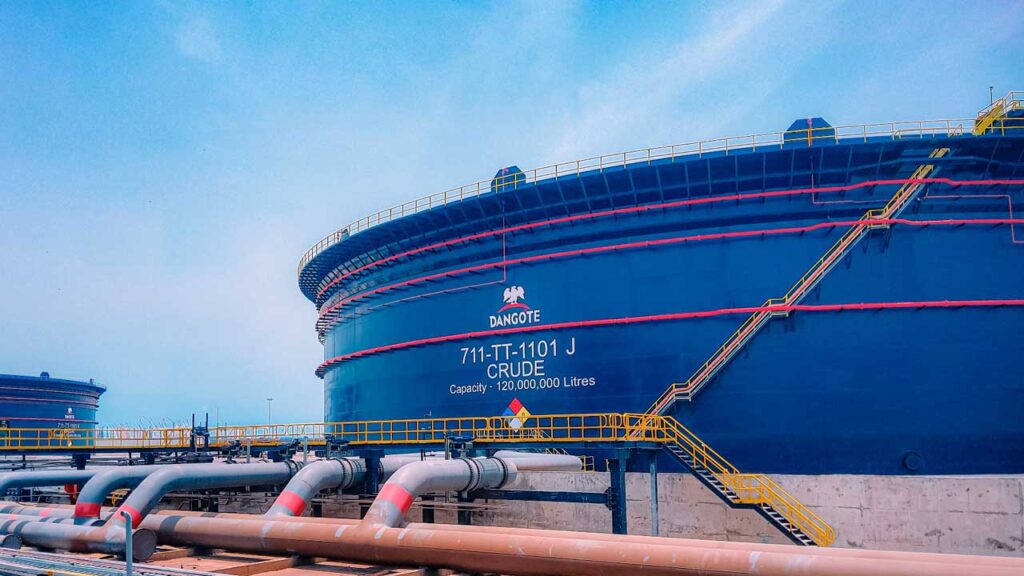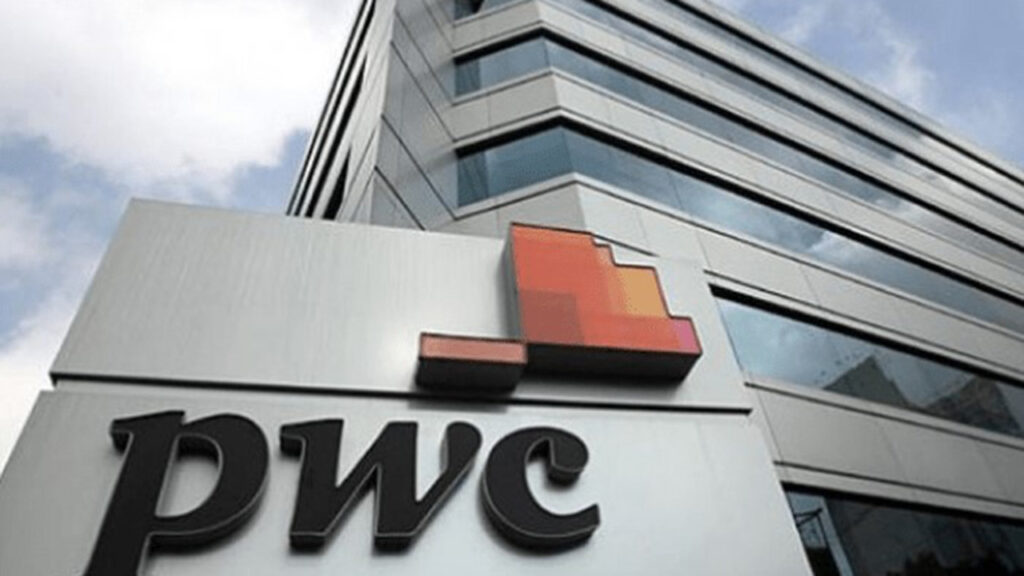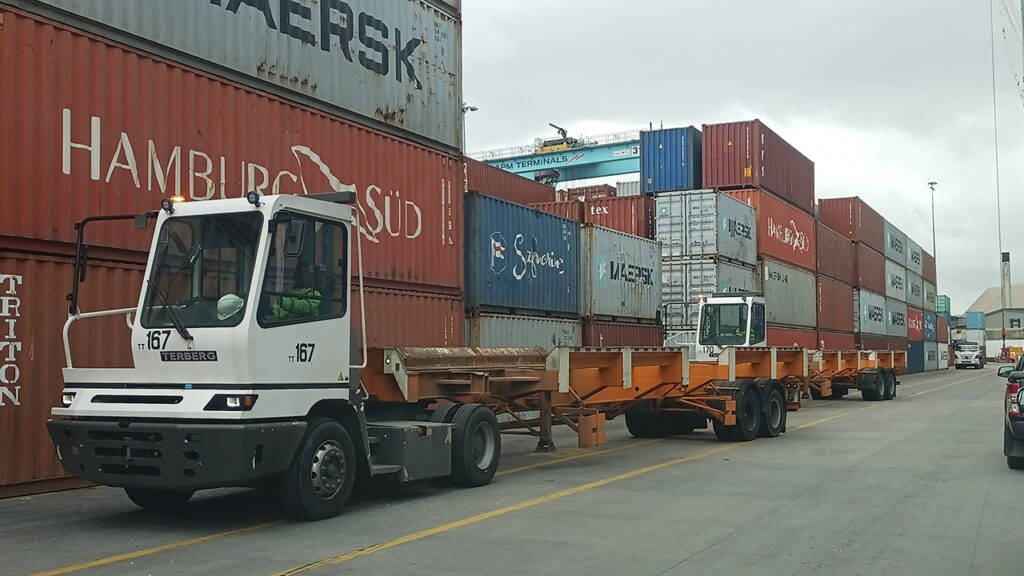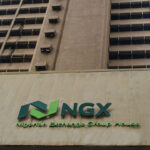
•As investors urge incoming govt on capital market devt
Parlous infrastructure, foreign exchange (forex) shortages, multiple taxation, among others have been linked to rising cases of firms being delisted from the Nigerian Exchange Limited (NGX), especially in the manufacturing sector as investors at the weekend, charged the incoming government not to handle issues of the capital market with levity.
The investors urged the government to be committed to creating policies that would soothe the yearnings of operators in the sector and make the sector more competitive.
In addition, they urged the government to leverage the capital market for the provision of funds needed to finance energy, transportation and social infrastructure projects both at federal and state level, beyond the budget.
The investors, who argued that the outgoing administration witnessed the highest number of delisted firms, described this as a ‘colossal’ loss to the market and shareholders.
According to them, there is a need for the incoming administration to pursue vigorously the development of the manufacturing sector and enhance the productive capacities of the nation to boost the performance of listed firms.
They noted that if the manufacturing sector of any economy does not record significant improvement, companies operating in the environment would find it difficult to grow and make profit. And this would have a multiplier effect on the companies’ financial performance and share prices in the stock market.
Indeed, no less than 44 firms valued at almost N350 billion were delisted from the daily official list of the Nigerian Exchange Limited (NGX) between 2015 and 2022, constituting a huge blow to the capital market within the period.
Of the 36 firms between 2015 and 2019, 25 were forcibly delisted by the NGX over non-compliance with post-listing requirements of the exchange, eight exited voluntarily while three opted for a merger.
For instance, Diamond Bank and Ashaka Cement, with N56 billion and N38.1 billion market capitalisation, delisted on the basis of merger while Seven up Bottling Company, Cappa and D’Alberto, IHS exited voluntarily with N52.2 billion, N18.7 billion and N16.7 billion market capitalisation.
Costain West Africa, MTECH Communication, MTI, and Nigerian Ropes, with market capitalisation valued at N2.4 billion, N4.5 billion, N2.4 billion and N1.9 billion, were forcibly delisted by the NSE. The exchange however listed only seven new companies within the period.
In 2020, A.G Leventis was delisted from the daily official list of the NGX while five companies were delisted in 2021. These companies are: Portland paints and Products Plc, Unic Diversified Holding Plc, Nigerian-German Chemicals Plc, Evans Plc and 11 Plc. Union Diagnostics and Clinical Services Plc and Studio Press Plc were also delisted in 2022.
The dwindling fortunes of these firms were attributed to their loss of competitive edge in manufacturing and marketing of consumer goods. Many of them had weak domestic bases and relied excessively on importation to survive.
For instance, the Chairman of AG Leventis, one of the firms that delisted voluntarily from the exchange under the conglomerates sector, Ahmed Kazalma Mantey, had stated that the effect of the 2016 recession impacted adversely on its operations, as there was a reduction in credit opportunities, which in turn affected the income.
“This harsh environment along with the continued lag in infrastructure, especially power and road network, added to our cost of doing business. Nevertheless, we strove to ensure that we continued to develop our business as much as possible.”
A two-year review of some manufacturing stocks showed that under the agriculture sub-sector, Ella Lakes which stood at N4.25 kobo as at September 2021, closed at N3.96 kobo as of Friday, March 17, 2023 while FTN Cocoa declined from 48 kobo to 28 kobo. Livestock Feeds also depreciated to N1.09 kobo from N2.23 kobo recorded in 2021. In the Food products subsector, National Salt Company of Nigeria (NASCON) within the period depreciated from N15.20 kobo to N12.20 kobo. Union Dicon Salt also stood at N8.95 kobo fromN9.90 kobo achieved in 2021. Honeywell flourmills also fell from N3.83 kobo to N2.25 kobo.
For the Food product Diversified, Nestle also depreciated to N1,080.30 kobo from N1,489.00 in 2021.
Analysts, operators and investors had bemoaned the huge capital flight and the number of companies delisted from the exchange within the period amid general downturn in economic activities, stating that most of the companies delisted from the bourse cited harsh economic climate.
Therefore the shareholders reiterated that the government should create a vibrant manufacturing sector by addressing issues affecting the attainment of the sector’s full potential of job creation and poverty reduction to enhance the country’s GDP.
Some of the challenges faced by manufacturers include, difficulty in accessing foreign exchange (forex) to procure raw materials, high cost of electricity/power, and high cost of transportation.
Others include: low demand for commodity; difficulty in accessing funds; regulatory issues from numerous regulatory agencies; poor port administration and unavailability of raw materials; policy somersaults.
President of New Dimension Shareholders Association, Patrick Ajudua said the outgoing administration failed to harness the full potential of the capital market and leverage its benefit.
He lamented that while the market capitalisation of the NGX is currently upbeat with price appreciation from a few dominating companies, especially the telecoms firms, other stocks have consistently recorded price depreciation.
Ajudua stressed the need for the government to address the issue of multiple taxation that continues to impact negatively on the manufacturing companies and listed firms.
Furthermore, he urged the government to make foreign exchange available to manufacturers to enable foreign investors to repatriate their dividend and reduce the quantum of unclaimed dividends in the capital market.
According to him, failure to achieve this would increase foreigners’ apathy in the market and push local investors away from multinationals operating in Nigeria.
“Hopefully, we pray that the incoming government will look at the direction of the capital market as an engine for economic growth and infrastructural development. There is a need for the government to look in the direction of the capital market to raise funds for infrastructure and economic growth.
“Improvement in the economy would reflect in the wellbeing of the citizens when people have enough to take care of their immediate needs, as well as have enough to save and channel into investment.”
National Coordinator of Progressive Shareholders Association of Nigeria, Boniface Okezie admitted that the outgoing government has not shown much interest in capital market development.
However, he expressed optimism that the incoming administration would leverage the market for capital raising and pursue other reforms that would be beneficial to the market.
President of Ibadanzone Shareholders Association of Nigeria, Eric Akinduro said the outgoing administration initiated a lot of policies that impacted negatively on the market.
He cited the creation of Unclaimed Dividend Trust Fund (UDTF) where the N170 billion unclaimed dividends were remitted and managed by the Securities and Exchange Commission and the Debt Management Office (DMO).
According to him, creating a trust fund is disincentive to investment as previous trust funds were marred by corruption.
He pointed out that the decision has eroded retail investors’ confidence and caused them to develop apathy on the market.
Akinduro urged the government to reconsider its stance on the issue and other decisions taken in the past that had constituted disincentive to investment and the growth of the capital market.





